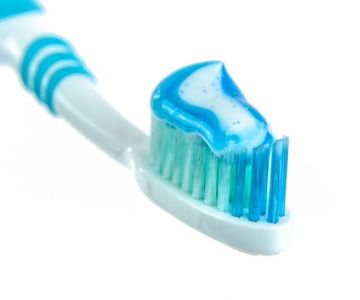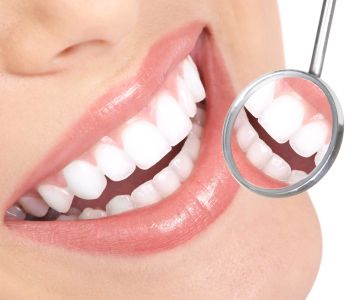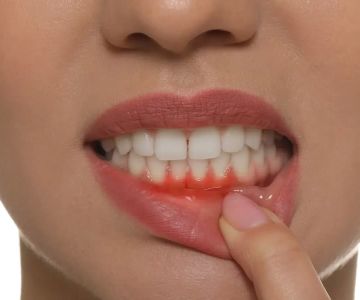Understanding Pregnancy Gingivitis
Pregnancy gingivitis is a common issue that affects many pregnant women. It is an inflammation of the gums, causing redness, swelling, and tenderness. Hormonal changes during pregnancy make women more susceptible to this condition. The accumulation of plaque along the gumline due to improper oral hygiene is a major contributing factor.
Causes and Symptoms
The increase in estrogen and progesterone levels during pregnancy is a key cause of pregnancy gingivitis. This can lead to decreased ability of the body to respond to plaque bacteria and increased blood flow to the gum tissue. Symptoms include bleeding when brushing or flossing, redness, a shiny gum surface, swelling, and tenderness. Bad breath that persists despite brushing may also be a sign.
Diagnosis and Tests
Your Ob/Gyn or dentist can diagnose pregnancy gingivitis by asking about your symptoms and examining your gums and teeth. In severe cases, dental X-rays may be necessary, but precautions will be taken to shield the fetus from radiation. Dental and obstetric experts agree that X-rays during pregnancy are safe with the correct shielding.
Management and Treatment
The main treatment involves a dental cleaning to remove plaque buildup. Good oral hygiene practices, such as brushing twice daily, flossing once daily, and gargling with a warm saltwater rinse, are recommended. If symptoms are severe or worsening, oral antibiotics or prescription mouthwash may be prescribed.
Prevention
Preventing pregnancy gingivitis is crucial. The best steps include maintaining oral health by brushing and flossing regularly, scheduling a dental visit during pregnancy, eating a healthy diet, reducing sugary food and beverage intake, quitting smoking or using tobacco products, and brushing after consuming sticky or sweet foods that cling to teeth.
Outlook and Prognosis
Good news! Your gums should return to normal after pregnancy. However, if left untreated, gingivitis can progress to periodontitis, which may lead to tooth loss and increase the risk of preterm delivery and low birth weight. With proper care and oral hygiene, pregnancy gingivitis can be managed and prevented.
Seeking Medical Attention
If you experience any gum problems during pregnancy, it's essential to talk to your Ob/Gyn or dentist. Don't ignore your symptoms, as timely intervention can prevent the condition from worsening.
In conclusion, during pregnancy, it's vital to pay close attention to your oral health. Pregnancy gingivitis is a common occurrence, but with the right preventive measures and early intervention if needed, you can keep your gums healthy and ensure a positive pregnancy experience. Maintaining good oral hygiene, having a balanced diet, and visiting the dentist regularly are key to preventing gum disease and safeguarding both your and your baby's well-being.






 Westgate Dental Arts
Westgate Dental Arts Coventry Family Dental
Coventry Family Dental Familia Dental
Familia Dental Dr. Daniel S. Fife, DDS
Dr. Daniel S. Fife, DDS Dentistry At Suburban Square: Michael I. Wollock, DMD
Dentistry At Suburban Square: Michael I. Wollock, DMD Comfort Care Dental
Comfort Care Dental The Importance of Oral Health Education During Pregnancy for a Healthy Pregnancy
The Importance of Oral Health Education During Pregnancy for a Healthy Pregnancy Why Skipping Dental Checkups Can Lead to Bigger Oral Health Problems
Why Skipping Dental Checkups Can Lead to Bigger Oral Health Problems Advantages of Porcelain Dental Restorations
Advantages of Porcelain Dental Restorations Best Tips for Brushing Your Teeth Properly for Healthy Gums: Essential Techniques for Oral Health
Best Tips for Brushing Your Teeth Properly for Healthy Gums: Essential Techniques for Oral Health How Can Diabetes Cause Tooth and Gum Problems? Preventing and Managing Oral Health Issues
How Can Diabetes Cause Tooth and Gum Problems? Preventing and Managing Oral Health Issues Healthy Habits for Promoting Good Oral Health and Hygiene: Tips for a Healthy Smile
Healthy Habits for Promoting Good Oral Health and Hygiene: Tips for a Healthy Smile